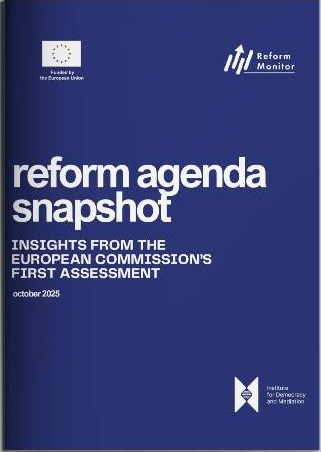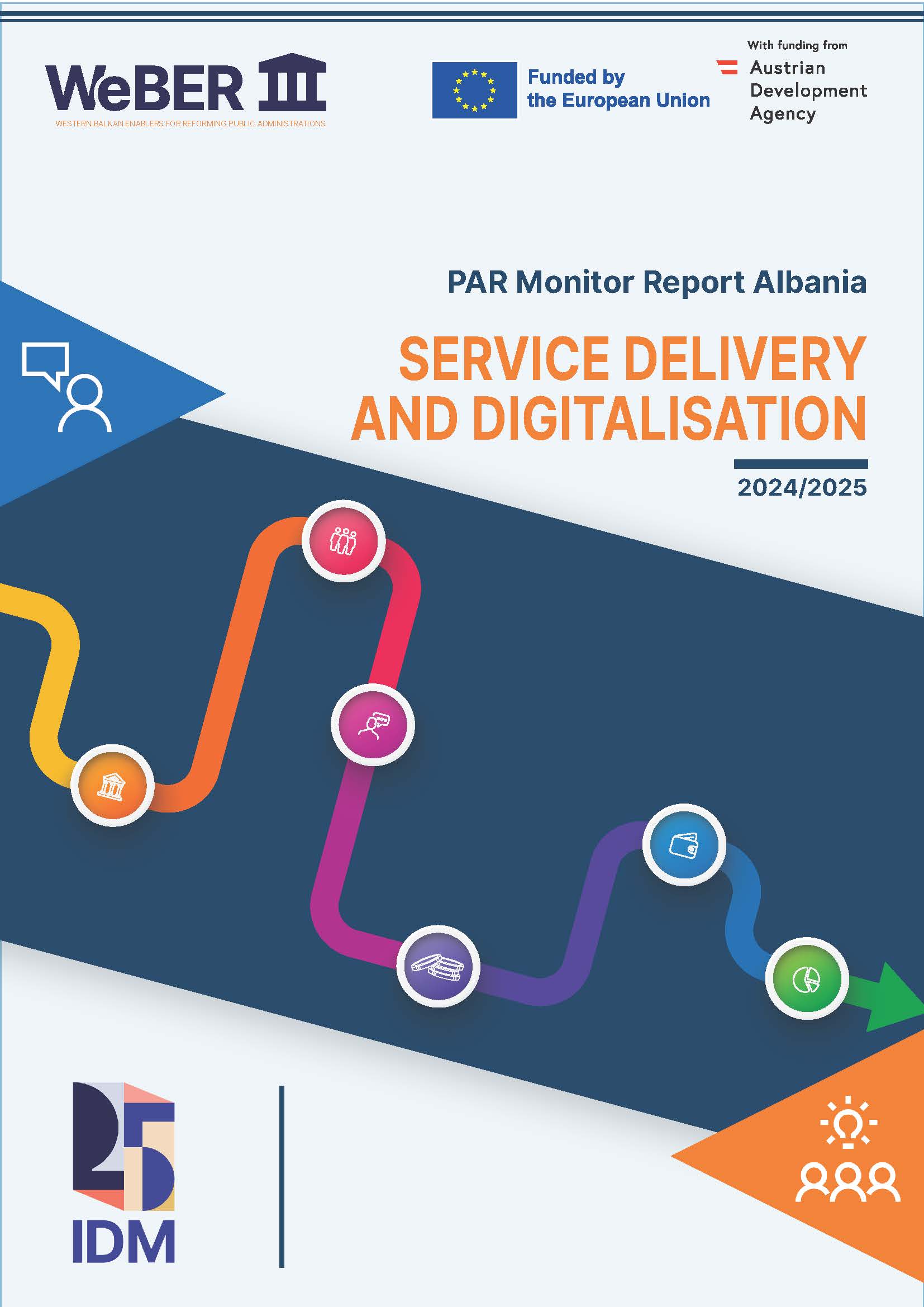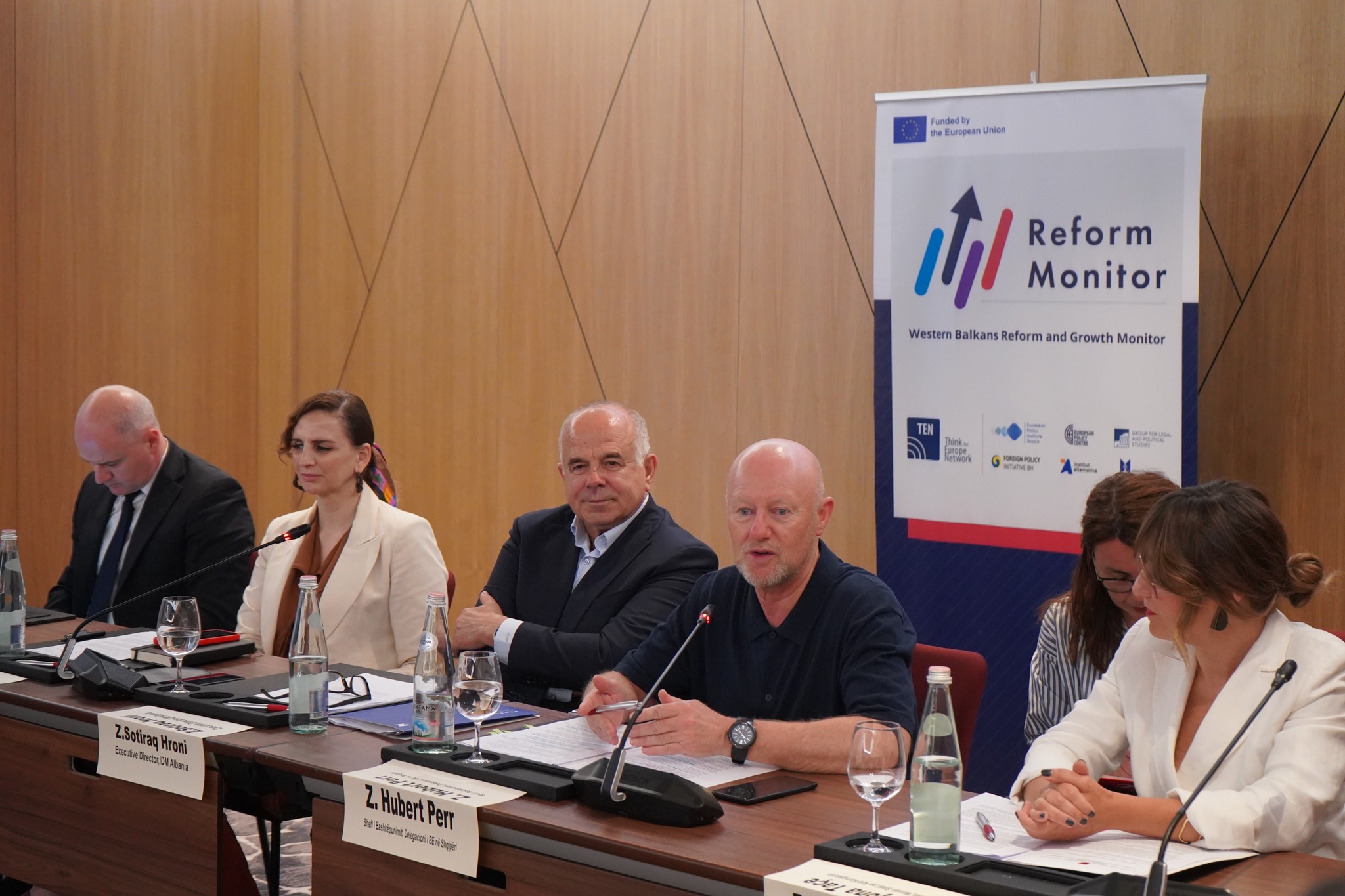With the support of the Geneva Center for Democratic Control of Armed Forces (DCAF), IDM organized a round table on the new package of three draft laws on defense at Grand Hotel on 4 June 2014.
The round table brought together parliamentarians, representatives from the Ministry of Defense, civil society, media, etc.
with the purpose of exchanging opinions and expertise regarding these draft laws and their further improvements.
The draft law “On powers and authorities on strategic control of the Armed Forces” has reflected various problems noticed during the implementation of the existing law, especially the several delays in taking up important decisions from the political leadership. Even though, compared to the present law, the draft reveals a power shift from the National Assembly of Albania or the President to the Executive, which, apart from the raise of dynamism in the decision-making process, may lead to a lack of transparency in the defense sector.
The draft law “On military career in the Albanian Armed Forces” focuses on the legal improvements, in terms of time of staying in active service for some military categories, mainly high ranks, with the purpose of using for much longer their experience and expertise, which in turn will have positive effects in the defense budget. However, the presented draft is not as favorable for the lower ranks. The reduction of the length of time in active servicing for this category, including the financial benefits upon the termination of military service, carries on the risk of achieving declining interests from the younger generations to join the Armed Forces.
The draft law “On Security and Defense Intelligence Agency”, although adopted by the Parliament in December 2012, the actual law “On the Military Intelligence Service” is being thoroughly revised regardless of the fact that in about a year and a half time from its implementation, there is not enough evidence to justify this drastic change. The draft law implies that this is an outcome of new developments in the regional security environment, but there are no such developments at least not in such a scale that could justify such changes in this short period of time; hence it might have been opted even for amending the law instead. On the other side, the wide range of problems faced today by the community of the informative services and management institutions demands for a comprehensive address rather than through sectoral approaches.
At the end of the event, during his concluding remarks, Mr. Spartak Braho, head of the Parliamentary Committee on National Security of Albania (PCNS), expressed his appreciation about the discussions and the round table in general. Given the fact that these draft laws are currently being debated in the PSNC and some other parliamentary committees, prior to being submitted for final adoption, he promised that most of the rational ideas and recommendations expressed during this round table will be reflected in the final version of the draft laws.








